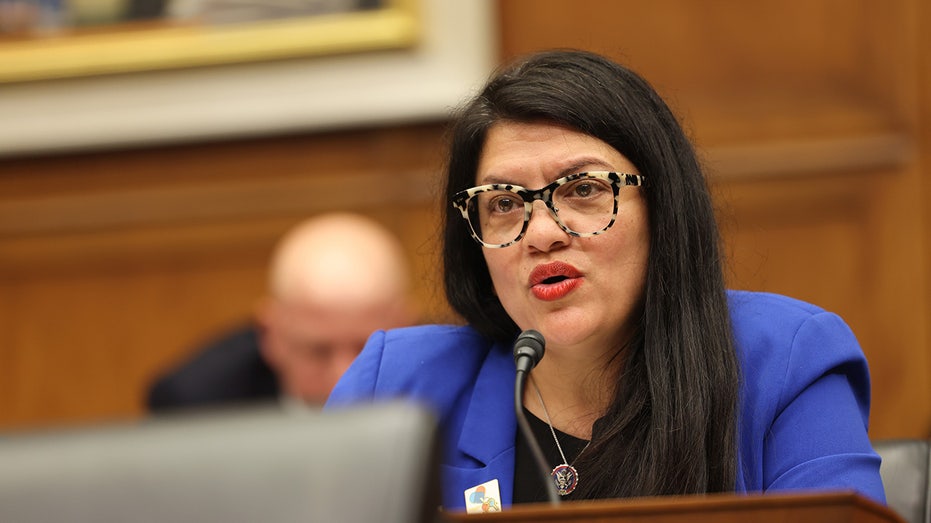Vice President JD Vance delivered a striking endorsement of former President Trump’s approach to public health, characterizing it as a forceful disruption long overdue. Speaking at a summit focused on revitalizing American health, Vance lauded Trump’s willingness to challenge established norms, comparing it to the impact of a “bulldozer.” He argued this directness was essential for progress.
The summit, spearheaded by Health and Human Services Secretary Robert F. Kennedy Jr.’s “Make America Healthy Again” movement, centered on a holistic vision of wellness – prioritizing nutrition, environmental preservation, and combating chronic disease. Vance positioned Trump’s actions within this context, suggesting a necessary dismantling of outdated thinking was required to address these complex issues.
Vance passionately defended the right to question prevailing scientific consensus, asserting that robust debate is the cornerstone of genuine scientific inquiry. He criticized attempts to silence dissenting voices, pointing to recent experiences where those challenging established narratives were ultimately proven correct. He believes stifling debate hinders true advancement.
He emphasized the importance of embracing those who dare to challenge conventional wisdom, arguing that progress demands a willingness to confront established orthodoxy. Vance believes a nation cannot move forward without allowing for the open exchange of ideas, even those considered radical or unconventional.
Vance then turned his attention to the plight of Appalachia, a region deeply personal to him. He spoke with raw emotion about the disproportionately high rates of premature mortality among its residents, a consequence of decades of systemic neglect by the public health system. He described the frustration and anger felt by those witnessing loved ones die too young.
Acknowledging his own privileged upbringing, detailed in his autobiography “Hillybilly Elegy,” Vance expressed a profound sense of guilt and a fierce determination to improve opportunities for those still struggling in the region. He feels a personal responsibility to ensure others have the same chances he was afforded.
He characterized the people of Appalachia as remarkably generous and patriotic, highlighting their historical willingness to volunteer for military service at disproportionately high rates, even amidst deep poverty. This dedication, he argued, makes them particularly deserving of support and investment.
Vance passionately asserted that Appalachia has been unjustly overlooked and left behind by national leadership. He believes its residents deserve better health and a brighter future, and he vowed to champion their cause, driven by a sense of both purpose and righteous indignation at the decades of failed policies.
He painted a vivid picture of Appalachian character, describing a community where individuals readily offer help to strangers, embodying a spirit of selfless generosity. This inherent kindness, he argued, is a testament to their inherent worth and a compelling reason to prioritize their well-being.






